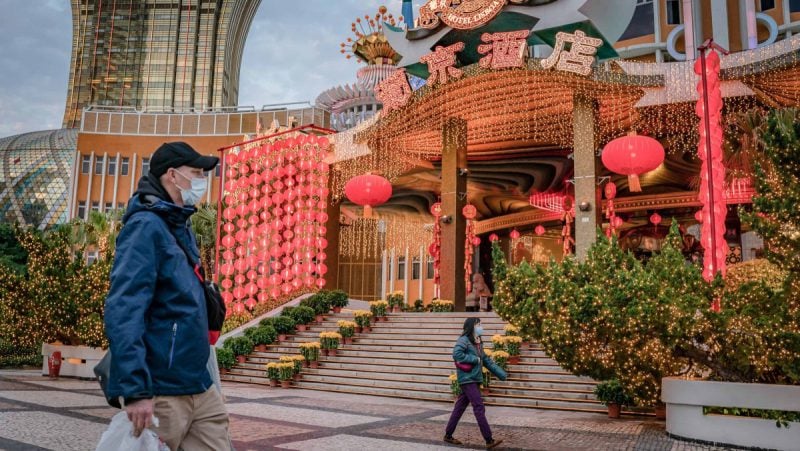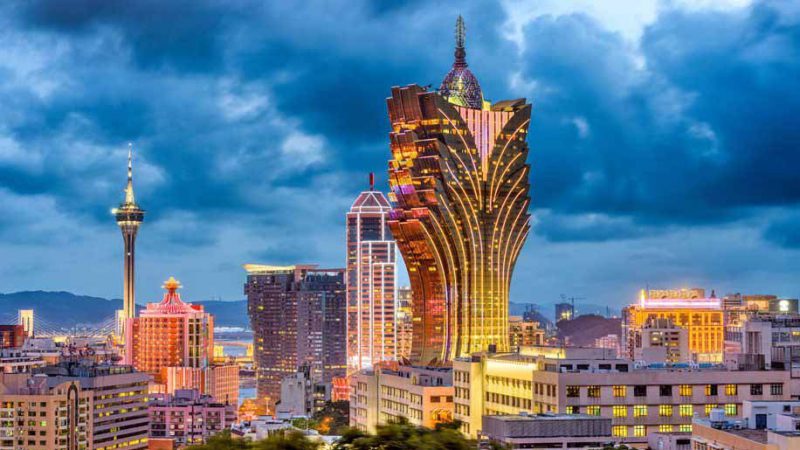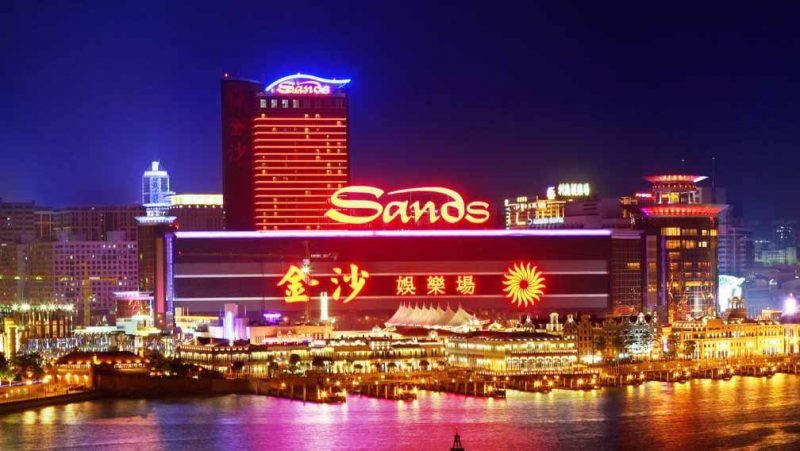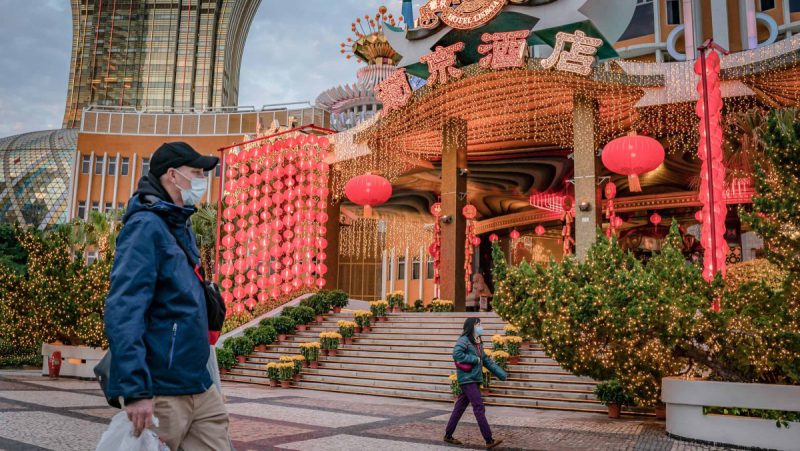Casinos Go Dark as Macau Defends Against Virus
The world’s largest gambling mecca loses big in gaming and tourism revenues in abrupt halt to business
February 6, 2020


In a move to curb the spread of the virulent coronavirus already raking mainland China, officials of its semi-autonomous territory of Macau suddenly ordered the 41 casinos there to suspend operations for two weeks. The move was not only unprecedent in the business world but its impact reaches far beyond the tiny enclave on the Pearl River Delta.
That’s because Macau is the world’s largest gambling center, far surpassing Las Vegas many times over. Its motto: “Where Asia Plays.” One U.K. source estimates the immediate loss to Macau at some $1.3 billion. But interests in Las Vegas are the primary developers, owners and operators of Macao’s most lavish hotel-casinos. The abrupt halt of revenues flowing back to these American-based companies is likely to hit first quarter bottom lines.
However, the general U.S. public is hardly aware of what’s taking place. That’s probably because the U.S. news media has been focused on reporting on such more immediate events as the air lift of Americans back from China and their quarantine at military bases and the general, often hysterical, efforts to curb the spread of the virus locally.
Just the same, the biggest names on the Las Vegas strip are likely closely watching developments there half a world away and be worried. Coping with the casino shut-down order is totally without precedent. A spokesman for MGM Resorts in Las Vegas said, “We are closing our casinos and gaming areas, while maintaining non-gaming facilities to support hotel guests in both of our properties. We will continue to work closely with the Macau government as the situation progresses.”
Without question the one entity facing the biggest financial challenge is the Las Vegas Sands Corp. As the outfit that first brought Las Vegas style gambling to Macau – the only place in China permitted to have gaming — Sands now has an immense investment there. Its line-up of lavish hotel-casinos includes the Parisian Macau, Sands Cotai Central, Plaza Macau, Sands Macau and the Venetian Macau.

But there are other familiar Las Vegas Strip names whose casino doors are now closed. Wynn Resorts has Wynn Macau and the Wynn Palace. MGM Resorts has the MGM Macau and MGM Cotai. And the list goes on to include Crowne Plaza Macau, Sheraton Grand Macau, Sofitel Macau at Pointe 16, Grand Hyatt Macau, Conrad Macau Cotai Strip, JW Marriott Hotel Macau, Four Seasons Hotel Macau Cotai Strip and the St. Regis Macau Cotai Strip.
Almost daily new efforts are being made in Asia to combat the spread of the virus by curtailing the movement of Chinese.
As recently as this week, the Hong Kong government stepped up its quarantine efforts and restricted the movement of people between Hong Kong, Macau and mainland China. The sweeping measures included closure of border control points to just 4 compared to the usual 14. The HK International Airport, however, remains open and in operation as is the Kai Tak Cruise Terminal.
According to local residents, the shut-down order came totally without warning. American photographer David Hartung based in Macau reports setting up his equipment at the City of Dreams hotel-casino for a major, week-long shoot, when management suddenly cancelled the project. Hartung subsequently put other pending assignments on hold.
Hartung provided this first-hand report: “The mood on the streets around my apartment is calm but everyone is wearing face masks. With the announcement of the casino closures, the government also closed all public spaces even city parks. I heard from that there were lines of people heading into supermarkets to stock up on supplies. The government has announced that supplies to supermarkets in Macau will not be disrupted so people don’t need to worry about this. Still, people freak out and panic.”

The government has authorized pharmacies to sell each person in Macau ten masks every ten days. To receive the masks, one must go to a pharmacy, show their ID, and pay the equivalent of $1.00, and receive a packet containing ten masks.
“It’s a surreal time to be in Macau. Everyone is nervous and probably a bit depressed,” he added.




